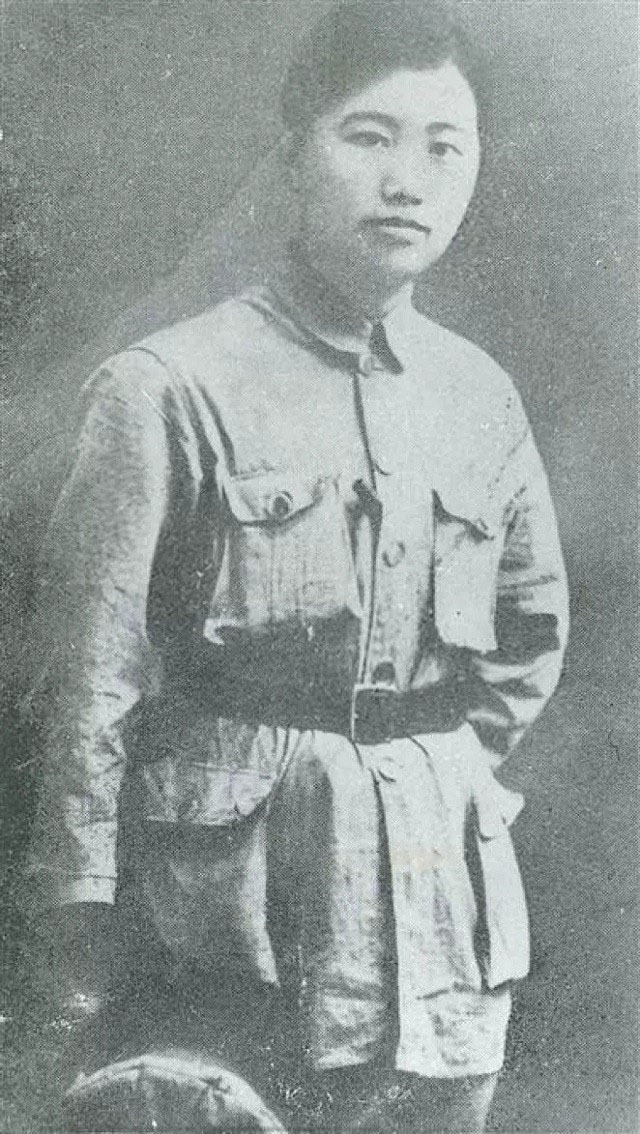About Xie Bingying
Xie Bingying (September 5, 1906 ¨C January 5, 2000), originally named Xie Minggang and with the courtesy name Fengbao, hailed from Longtan Village, Duoshan Town, Xinhua County, Hunan Province (now Lengshuijiang City). She was the first female soldier-writer in modern Chinese history, as well as a pioneer of China's women's liberation movement and a female general in the Anti-Japanese War.
She began publishing works in 1921 and was the youngest among female writers who emerged during the May Fourth Movement, alongside Xie Wanying, Su Xuelin, and Feng Yuanjun.

Early in her life, she studied at Hunan Provincial No.1 Girls' School. In 1926, she enrolled in the Wuhan Central Military and Political School, where she composed Diary of Joining the Army during the Northern Expedition, marking the beginning of her literary career. In 1931, she first studied abroad in Japan but was tortured and repatriated for refusing to welcome Puyi (the last emperor). In 1935, she changed her name and resumed her studies at the Graduate School of Waseda University. After the outbreak of the War of Resistance Against Japanese Aggression, she organized the Hunan Women's Battlefield Service Corps and wrote Diary of the Anti-Japanese War to document frontline experiences. In 1948, she moved to Taiwan to serve as a professor at Taiwan Provincial Normal College (now National Taiwan Normal University) and relocated to San Francisco, the United States, in 1971.
Throughout her life, Xie Bingying worked diligently, publishing over 80 works across nearly 400 volumes, totaling more than 20 million Chinese characters. Her representative works include Autobiography of a Female Soldier, which has been translated into multiple languages, and Houses Along the Stream Under the Small Bridge, which was included in the Chinese language textbooks published by People's Education Press. She stood as a symbolic figure in the Chinese nation's struggle for independence, dignity, and unity. Her former residence, located in Duoshan Town, Lengshuijiang City, was reported as a key overseas Chinese cultural heritage site in 2008. In 2024, the Xie Bingying Research Society was established in Lengshuijiang City to promote academic studies on her legacy.

